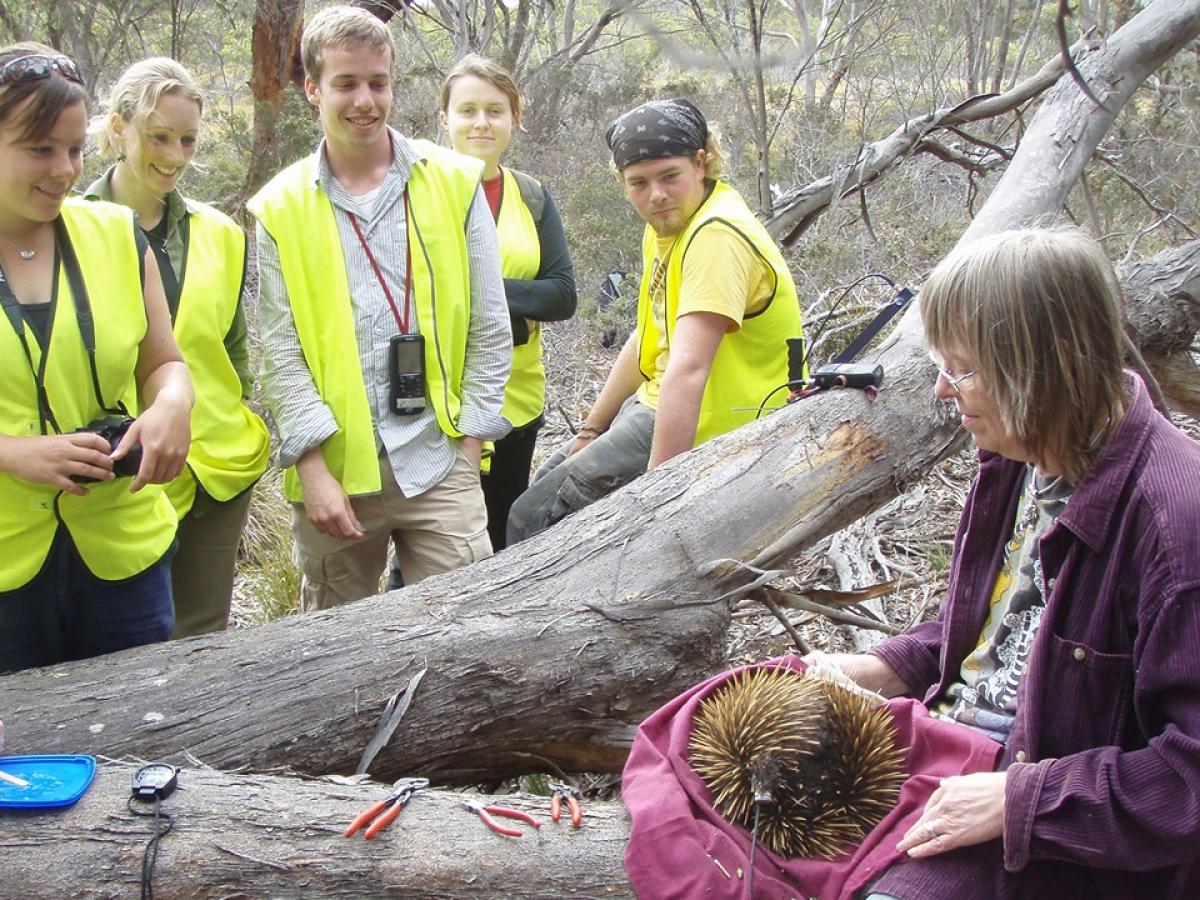New platform to energise citizen science
The University of Adelaide will adapt and deploy the globally proven citizen science platform SciStarter in Australia, courtesy of a $160,000 grant from the South Australian Government’s Citizen Science Fund.

Founded in the United States over a decade ago, SciStarter connects citizen scientists to a vetted list of scientific projects. In addition to serving as a hub for local citizen science projects, SciStarter Australia will also help to support citizen science best practices, consolidating and building on excellent work already underway in this field.
The project is co-led by the University of Adelaide’s Professor Rachel Ankeny, from the School of Humanities, whose areas of expertise cross fields such as bioethics and science policy.
"The SciStarter platform will allow us to investigate how citizen science is being done and initiate more efforts to diversify citizen science participation so that all South Australians can collaborate on these important scientific activities,” Professor Ankeny said.
“It also will allow more engagement with communities and businesses so that their members can volunteer for citizen science activities that align with their interests and skills."
Citizen science is the practice of the community contributing to scientific projects through activities as diverse as gathering echidna poo, tracking bats, identifying fungi or backyard birds, processing telescope or camera trap data, and reporting on their own medical conditions or social experiences.
It allows people opportunities to experience the processes associated with science first-hand, in collaboration with scientists, and to make critical contributions to scientific knowledge. Growing citizen science efforts is important for Australia given pressing issues such as climate change and habitat destruction.
“Not only will SciStarter directly benefit the South Australian citizen science community, but it also will position them as national and international leaders in innovative citizen science practices.”Professor Frank Grützner, project co-lead
Project co-lead, Professor Frank Grützner, from the School of Biological Sciences and the Environment Institute, who supported development of the grant, said that the Citizen Science Fund grant, facilitated by the SA Department for Environment and Water, was a critical next step in continuing to build citizen science efforts in Australia.
“This funding from the state government provides a very exciting opportunity to build a sustainable and innovative platform from which all citizen science projects in the state can benefit,” Professor Grützner said.
“Not only will SciStarter directly benefit the South Australian citizen science community, but it also will position them as national and international leaders in innovative citizen science practices.”
SciStarter will launch by the end of the year, and the University will collaborate with the broader citizen science community, including Flinders University and the University of South Australia, the Australian Citizen Science Association and the Atlas of Living Australia, run by CSIRO, drawing on existing resources including Project Finder.
Media contact:
Professor Frank Grützner, School of Biological Sciences, The University of Adelaide, Phone: + 61 8 8313 4812, Email: frank.grutzner@adelaide.edu.au
Professor Rachel A. Ankeny, School of Humanities, The University of Adelaide, Phone: + 61 0414 893 379, Email: rachel.ankeny@adelaide.edu.au
Johnny von Einem, Media Coordinator, The University of Adelaide. Mobile: +61 0430 476 300, Email: johnny.voneinem@adelaide.edu.au
Reposted from the University of Adelaide Newsroom

Newsletter & social media
Join us for a sensational mix of news, events and research at the Environment Institute. Find out about new initiatives and share with your friends what's happening.
